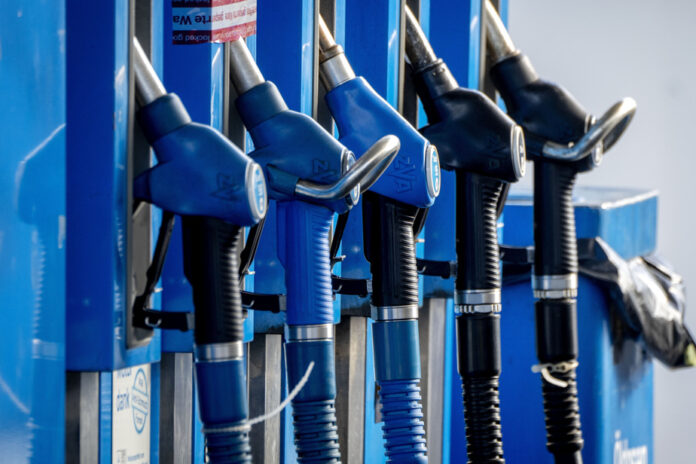(New York) Oil prices remained higher on Friday and returned to pre-banking crisis levels, dragged down by the worsening political crisis in Iraq, which is crippling crude exports to Turkey.
The price of a barrel of Brent from the North Sea for delivery in May snatched 0.63%, to close at 79.77 dollars.
As for the barrel of American West Texas Intermediate (WTI) of the same maturity, it took 1.74%, to 75.67 dollars.
No outcome seemed in sight Friday in the dispute between the Iraqi authorities and the regional government of Iraqi Kurdistan.
Since Saturday, the transport of crude via the pipeline which connects Kirkuk, in Iraq, to the Turkish port of Ceyhan, has been suspended after an arbitration decision favorable to the Iraqi authorities.
The court recognized their right to control all oil exports, including crude extracted in Iraqi Kurdistan.
Discussions are ongoing, but pending a political outcome to the case, the blockage prevents the flow of approximately 450,000 barrels per day to Turkey.
“A significant part of Kurdistan’s volumes went to Europe and compensated for the disappearance of Russian barrels”, said, in an interview with the Iraqi Kurdish channel Rudaw, Matthew Zais, vice-president of the American company HKN Energy, one of the foreign companies that exploit deposits in the country.
“The United States will have to assert itself” in this file, estimated the person in charge. “I know they are already actively involved,” he added. “They know they have a unique role to play in bringing about a speedy resolution. »
“Most experts thought the situation would have been resolved by this point, but it’s not,” commented Phil Flynn of Price Futures Group. “The longer it goes on, the more it becomes a catalyst for prices, because they are running out of storage capacity and are going to have to stop production. »
Once the extraction is interrupted, “it cannot be restarted with a snap of the fingers”, warns the analyst. “There are going to be additional delays. »
For Phil Flynn, the paralysis puts even more pressure on the market since spare production capacity is scarce in the world at the moment.
In the United States, the number of wells in operation fell by one unit this week, to 592. The park is stagnating, or even contracting, far from its pre-pandemic level, around 680 wells, according to figures from the Baker Hughes company.















